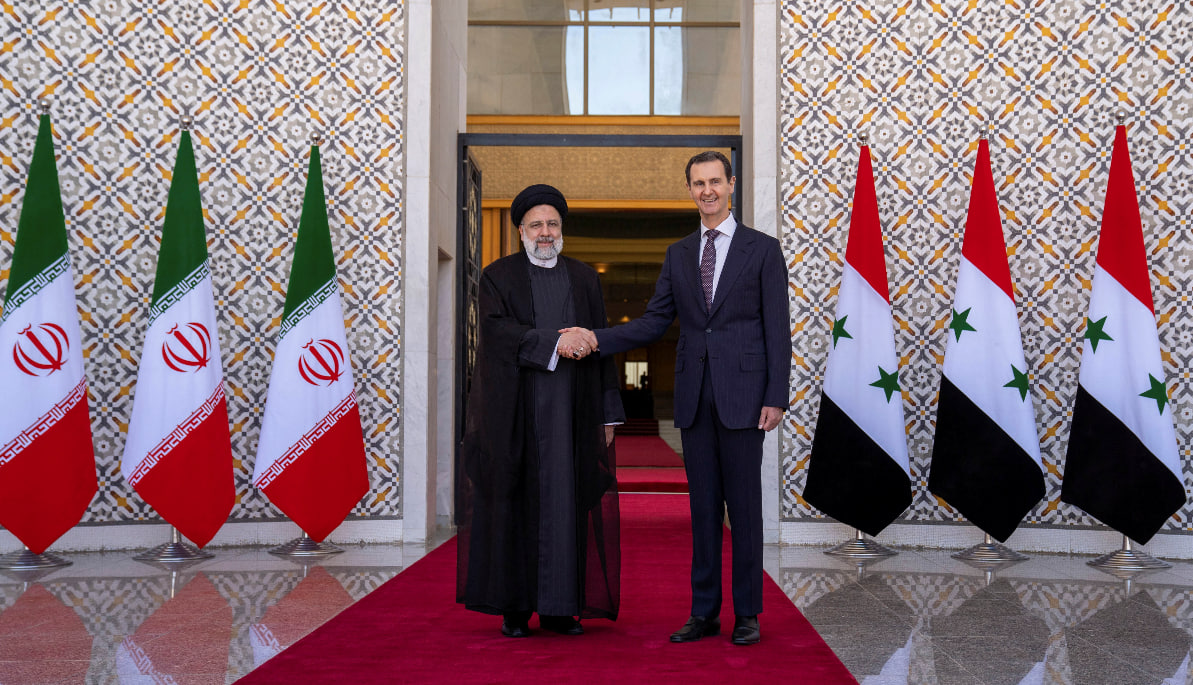
Recent developments shed light on allegations made by the Assad regime regarding Israeli assassinations of Iranian officers in Syria, suggesting security breaches by Iranians as the root cause. Sources privy to the matter disclosed that Mohammad Reza Zahedi, commander of the Quds Force in Syria and Lebanon, visited Damascus shortly before his demise to obtain a confidential dossier. This dossier reportedly contained information regarding internal leaks that facilitated the assassination of Qassem Soleimani, a prominent Iranian military figure.
According to a source within the Quds Force militia, intelligence provided by the regime’s security services pointed to Iranian members within Tehran’s embassy in Damascus as the source of the leaks leading to Zahedi’s assassination. Notably, one of Zahedi’s guards survived the Israeli attack, raising questions about the circumstances surrounding the incident.
The dossier, deemed sensitive due to its potential to compromise the safety of senior political and military figures in Iran, prompted Zahedi to advocate for the evacuation of the Iranian embassy in Damascus to safeguard its contents. Additionally, audio recordings purportedly reveal a meeting involving Soleimani, former Foreign Minister Mohammad Javad Zarif, and former Iranian ambassador to France Sadegh Kharazi. In this meeting, they allegedly discussed Soleimani’s potential presidential candidacy, indicating internal political dynamics within Iran.
However, the investigation into internal leaks faced obstacles. Iranian security services arrested Seyed Mahmoud Mousavi Majd in Syria on suspicion of divulging information about Soleimani to American authorities. Despite denials from President Raisi regarding the existence of internal leaks, Mousavi was executed in Iran on charges of espionage for Israel and the United States.
In light of these developments, the responsibility of handling the dossier was delegated to Ali Bagheri Kani, a senior assistant for foreign affairs, for further scrutiny. Former Defense Minister Mahmoud Alavi initiated a clandestine investigation within the Ministry of Security, resulting in his exclusion from the Assembly of Experts elections.
Further complicating Iranian-Assad relations are recent reports from Damascus on Iran’s efforts to recoup investments in the Assad regime. Tehran is reportedly pressuring Syria to fulfill agreements totaling $50 billion, mainly through investment initiatives. This push intensified following Iranian President Ebrahim Raisi’s visit to Damascus in May 2023, during which a memorandum of understanding for strategic cooperation was signed.
An economist in Damascus emphasized the dire economic situation in Assad-controlled areas, citing extensive destruction during years of conflict, leading to limited resources. With Syria heavily reliant on Iran, particularly amid Russia’s focus on the conflict in Ukraine, Tehran aims to position itself as the primary investor in Syria, leveraging its control over vital resources like oil and gas.









